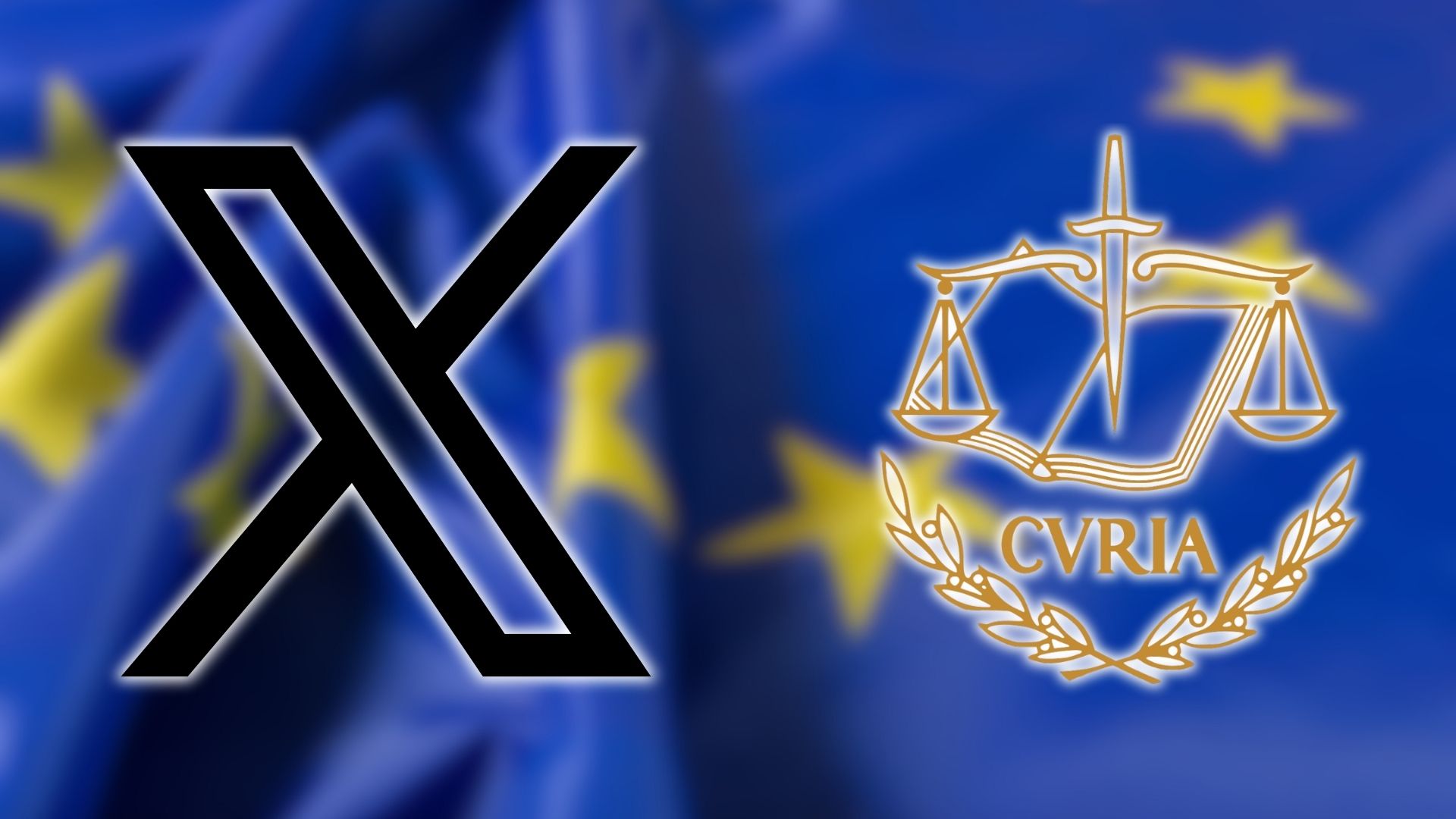A wave of coordinated attacks has targeted OpenClaw, the autonomous AI framework that gained rapid popularity after its release in January.
Multiple hacking groups have taken advantage of severe vulnerabilities to steal API keys, extract persistent memory data, and push information-stealing malware instead of leaving the platform’s expanding user base unharmed.
Security analysts have linked more than 30,000 compromised instances to campaigns that intercept messages and deploy malicious payloads through channels such as Telegram.
Much of the damage stems from flaws such as the Remote Code Execution vulnerability CVE-2026-25253, supply chain poisoning, and exposed administrative interfaces. Early attacks centred on the ‘ClawHavoc’ campaign, which disguised malware as legitimate installation tools.
Users who downloaded these scripts inadvertently installed stealers capable of full compromise, enabling attackers to move laterally across enterprise systems instead of being confined to a single device.
Further incidents emerged on the OpenClaw marketplace, where backdoored ‘skills’ were published from accounts that appeared reliable. These updates executed remote commands that allowed attackers to siphon OAuth tokens, passwords, and API keys in real time.
A Shodan scan later identified more than 312,000 OpenClaw instances running on a default port with little or no protection, while honeypots recorded hostile activity within minutes of appearing online.
Security researchers argue that the surge in attacks marks a decisive moment for autonomous AI frameworks. As organisations experiment with agents capable of independent decision-making, the absence of security-by-design safeguards is creating opportunities for organised threat groups.
Flare’s advisory urges companies to secure credentials and isolate AI workloads instead of relying on default configurations that expose high-privilege systems to the internet.
Would you like to learn more about AI, tech and digital diplomacy? If so, ask our Diplo chatbot!










